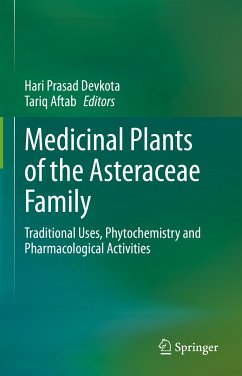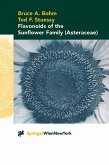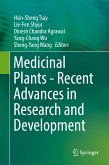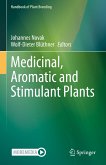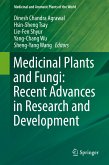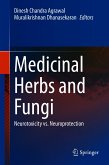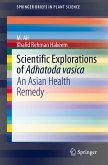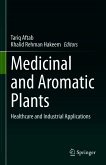This book highlights 12 major plants in the Asteraceae family from the aspects of traditional uses as food and medicine, phytochemistry, and pharmacological activities.
Asteraceae is one of the largest family of flowering plants comprising over 1,600 plant genera and 32,000 plant species. Plants belonging to this family have a long history of being used as medicinal plants for the treatment of various diseases. Many of them are also used in the preparation of foods, beverages, and also used in pharmaceutical and cosmetic industries. In addition, plants such as Artemisia annua have played an important role in the discovery of novel drugs.
The book summarizes the traditional uses of the plants in the family Asteraceae and their scientific validation, which helps readers understand their relation and impact on human health. It also explains the Phytochemistry of the species and presents the pharmacological activities and mechanisms in detail. Understanding current scientific knowledge will help in the commercialization of products based on these plants and also helps to find the research gaps that should be fulfilled in the future for their optimal use. It also helps in increasing the awareness of the plant species related to conservation, cultivation, and sustainable utilization. This edited volume comprises chapters contributed by experts from around the world.
Dieser Download kann aus rechtlichen Gründen nur mit Rechnungsadresse in A, B, BG, CY, CZ, D, DK, EW, E, FIN, F, GR, HR, H, IRL, I, LT, L, LR, M, NL, PL, P, R, S, SLO, SK ausgeliefert werden.

